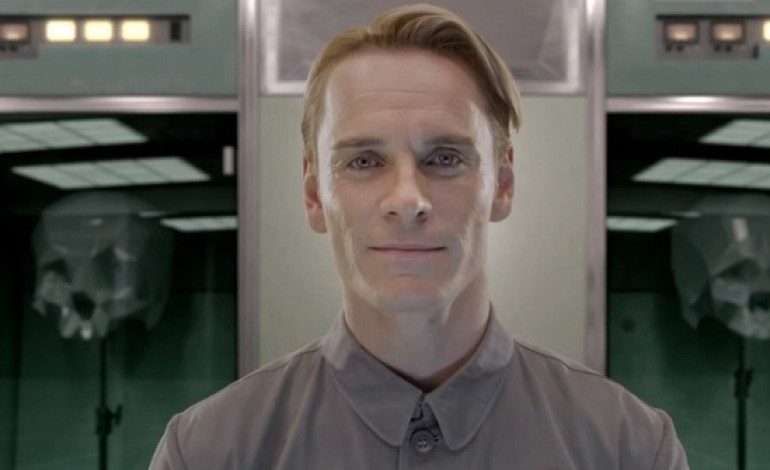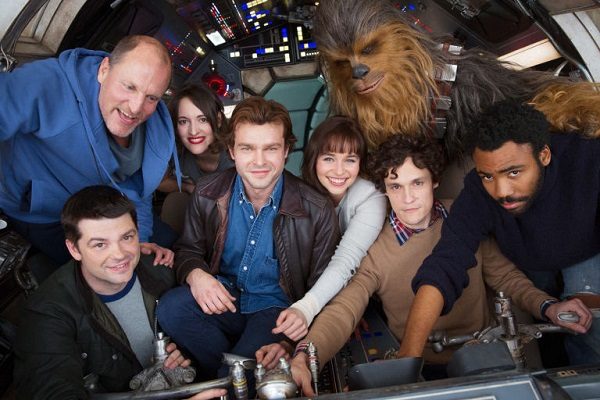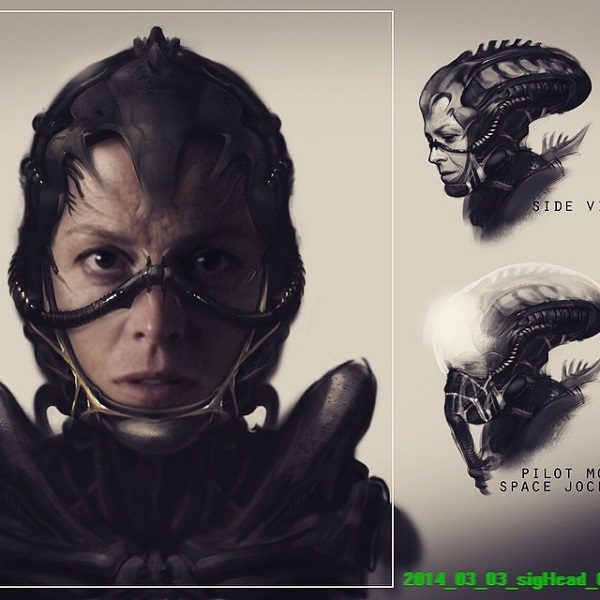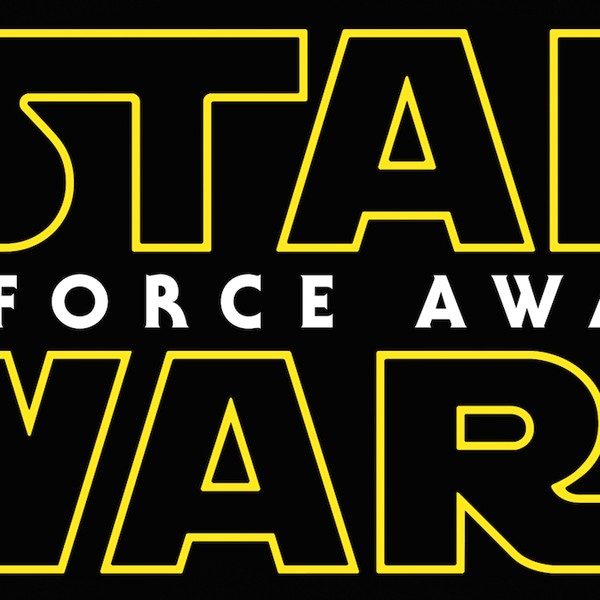

3) FAN SERVICE – THE PREQUEL EFFECT
Prequels have become increasingly popular over the past several years – unfortunately so. The tight little box of the prequel allows studios to play with (capitalize on) imagery and iconography that we already know, which is great for marketing purposes, while also restricting the filmmakers from making too many adjustments to the golden goose.
As prequels, Prometheus/Covenant are particularly strange because it’s an entire planned trilogy plus made to answer a question that no one has ever asked – where did the xenomorph come from? (I mean, I’m sure there are comics and fan-fiction delving into it, but those are mostly irrelevant other than to true die hard fans and rarely considered actual canon.) For the conventional film goer, it doesn’t matter. It never mattered. The ‘origins’ that these movies are presenting adds nothing to – and I’d even argue detracts significantly from – what made the original Alien series so effective. Initially – in space, there are weird things we will never understand but will kill you. Now – a lunatic robot mixed and matched black goo with different lifeforms, including genociding an entire Star Trek-ian planet of sentient beings, to create hundreds of pre-xenomorphs that do practically the same thing as the actual xenomorph, except they can’t be used on the posters. And this adds to the travails of the crew of the Nostromo or the settlers of LV-426 how?
In an attempt to justify a two-hour-plus running time and getting our money, prequels increasingly concentrate on the wrong things. They focus on a popular element from the original films (because that’s what is most marketable) and explain it away with a convoluted backstory to where it becomes virtually incoherent. More often than not prequels become a horrible combination of single-minded fan service, dime store psychology, pat answers, and the needs/expectations of the larger-than-life modern blockbuster, which usually doesn’t mesh with the style of blockbusters from years past. (Needs more space lasers!) Continuity goes in the toilet because it’s more important to give us things we know than to consider how everything lines up. And, because practically none of the characters will appear in the later ‘classic’ films, they need not be written well because they have to die somehow, so who cares if we feel connected? Right, Rogue One?
Once you ‘explain the joke,’ what was once unique and interesting loses its charm and allure, which is the biggest issue with most prequels. Sometimes things just are, and when you try to reveal behind the curtain, all the mystery is lost and you’re left with trope-ridden bad screenwriting for simpletons. Star Wars is getting particularly bad at this (with Rogue One and presumably the Han Solo movie), but really, it’s present everywhere. Even the beloved BBC Sherlock series couldn’t avoid this. Or maybe a backstory involving a supervillain sister, the murder of a childhood friend, and memory erasing is that much more believable than “super smart guy is smug prick.”
4) FAN SERVICE – THE SOFT REBOOT
In addition to suffering from the trappings of the prequel, Covenant also suffers from the trappings of the soft reboot – two horrendous trends for the price of one ticket – as the film ends with an unnecessary (and unwanted) retread of Alien – which is meant to set up Prometheus 3, which will be another, longer form retread of Aliens.
The soft reboot has become increasingly popular over the past several years, and it makes some sort of sense. Much like prequels, you get to capitalize on the nostalgia plus you’re hedging one’s bet by repeating what worked before. Bringing back the original actors squeezes our member berries as they pass the torch onto the new cast, who will likely be poor retreads of the original team. Sometimes this works (The Force Awakens), sometimes it doesn’t (Ghostbusters 2016). Either way, the marketing is pre-made as the studios get to feed off the nostalgia buzz and (hopefully) squeeze out a decent first weekend before the bad word of mouth gets around and people stop caring.
As Alien: Covenant (and many others) shows, the soft reboot brings about severely diminishing returns. Franchises can only excel by providing us with something new, and they can’t provide us with something new if they’re too afraid to try anything different. I liked The Force Awakens, but did it really need another Death Star at the end? Arnold Schwarzenegger indicated that he will return for the next Terminator movie. Why? Among the many reasons why Terminator: Genisys failed horribly was being too beholden to the past. If the studios and the filmmakers want a chance for The Terminator to rise again, it needs to move on from what came before. Easter eggs used to be cute and clever, now they’re used as a substitute for allowing a film to stand on its own.
Before Covenant was announced, director Neill Blomkamp was slated to do an Alien 5, which would have featured the return of Sigourney Weaver as Ripley and even Michael Biehn as Hicks – now it’s officially dead. Sure, Blomkamp hasn’t made a good movie since District 9, and seeing Ripley and Biehn back would have brought its own share of “been there done that” problems. But at least his Alien 5 might have offered something stylistically different to the franchise and moved it into the future where there could be limitless possibilities. Now? Sure, getting Ridley Scott as the director for 2012’s Prometheus was an interesting choice since he started the series with Alien in 1979. But retaining him as the franchise’s sole visionary plus keeping him literally stuck in the past for these movies virtually ensures that this franchise, which desperately needs fresh ideas will, ironically, not evolve.
Faux-intelligence, poor characters, and fan service as both prequel and reboot – Alien: Covenant had all of these problems wrapped in a grey, dull, unoriginal, visually unexciting bow. But these are all issues that many major blockbusters have succumbed to over the past several years. It’s a pattern not likely to go away any time soon, and its constant presence should make one weary of even the most hotly anticipated, well-pedigreed movies like Blade Runner 2049 or The Last Jedi. So before geeking out a new shot of the Millennium Falcon or woo’ing over Rick Deckard appearing again, really wonder – for all the lavish effects and musical cues thrown at us by the trailers, will these sequels actually offer something new, or will they merely be fresh sheens on old ideas?




